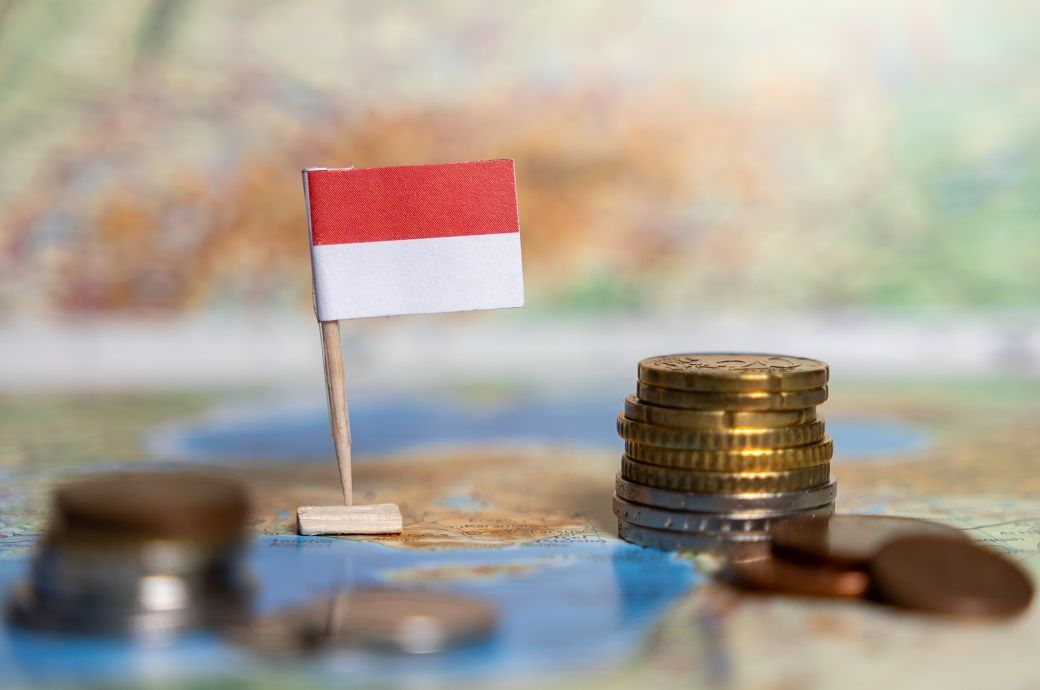
Robust macroeconomic policies, including low inflation, adequate financial buffers, and strict adherence to fiscal rules, have been instrumental in bolstering Indonesia's economic resilience. These measures have helped manage reduced government consumption and slower investment. Economic growth has benefitted the poorest groups, but its return diminished for wealthier groups of middle-classes as reflected by slower consumption growth for aspiring middle-class households. Focusing on generating better jobs that maintains middle-class standards of living will be important for the future.
“Indonesia’s current economic performance reflects its strong fundamentals and sound policy response,” said Carolyn Turk, World Bank division director for Indonesia and Timor-Leste. “To sustain this momentum, our analysis suggests that efficiency- and productivity-boosting structural reforms could unlock higher growth, reverse declining productivity trends, and create more and better jobs for Indonesians.”
The report projects that Indonesia’s economy will grow at an average annual rate of 4.8 per cent over 2025–27. Investment is expected to pick up, driven by the government’s housing initiative and the launch of the new sovereign wealth fund, Danantara.
However, the outlook is subject to downside risks from global trade challenges and commodity price volatility. The government’s focus on deregulation, a more conducive business environment, trade and digital reforms could help navigate those risks and boost growth to 5.5 per cent annually by 2027. These reforms accompany the government’s efforts to stimulate demand through its priority programmes.
The report underscores the potential of the housing sector as a catalyst for inclusive growth. The government’s goal of delivering 3 million housing units a year aligns with its ‘people-first’ strategy. With $3.8 billion in annual public investment, the housing programme could create over 2.3 million jobs and mobilise $2.8 billion in private capital while improving living conditions and economic opportunity for millions of Indonesians. The report recommends four actions to achieve this vision: expanding investments in housing and infrastructure, reforming public housing finance to mobilise private capital, integrating disaster resilience into housing policy, and strengthening governance and coordination across sectors and levels of government.
“Indonesia’s housing programme is not only about building homes—it’s also about building a stronger, more inclusive economy,” said Habib Rab, lead economist at the World Bank in Indonesia. “By putting people first and aligning housing policy with infrastructure, finance, and disaster resilience, Indonesia can unlock new pathways to prosperity.”
ALCHEMPro News Desk (RR)
Receive daily prices and market insights straight to your inbox. Subscribe to AlchemPro Weekly!